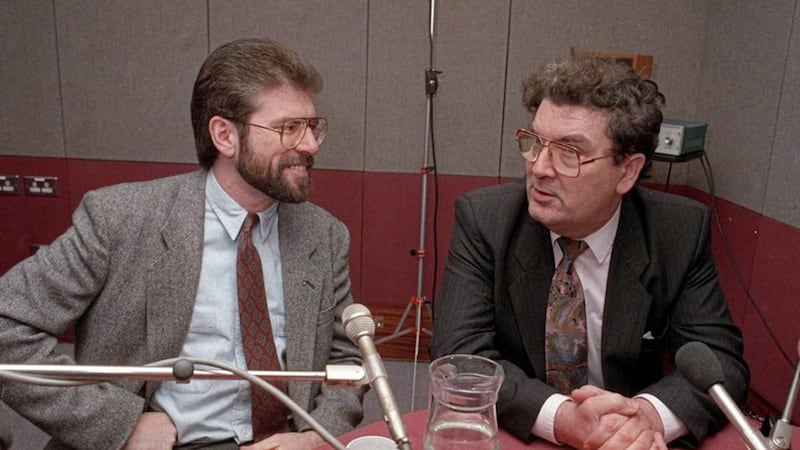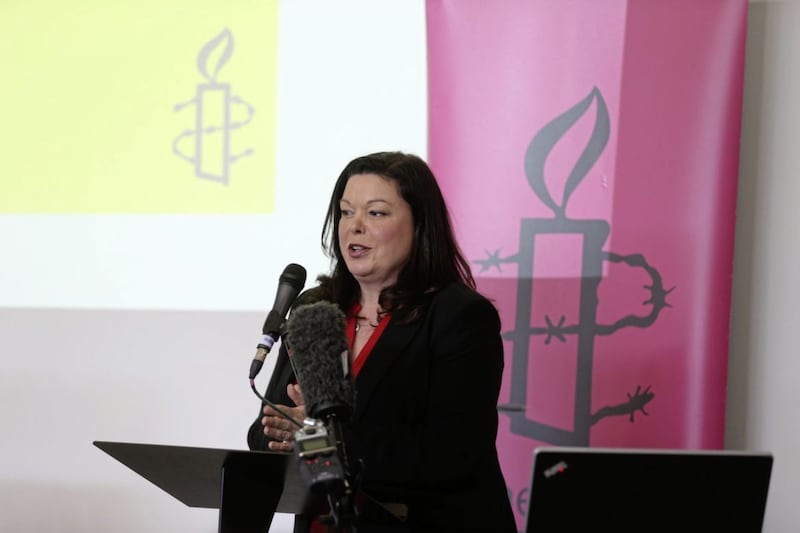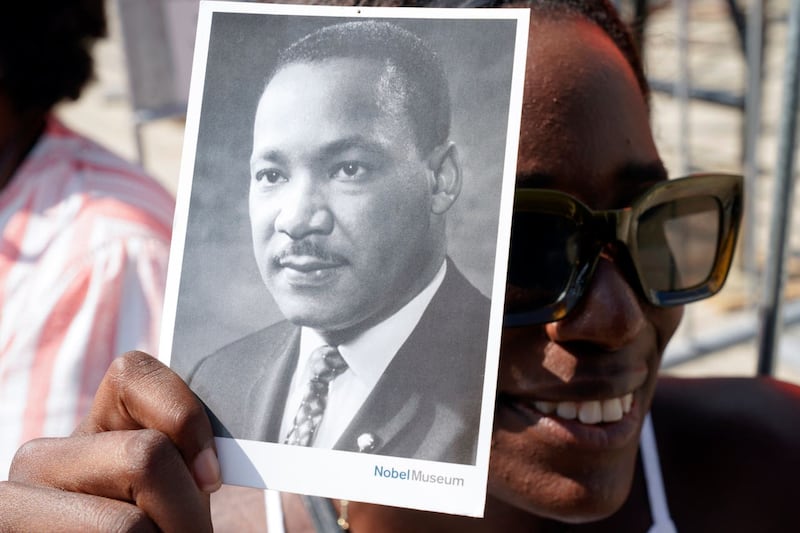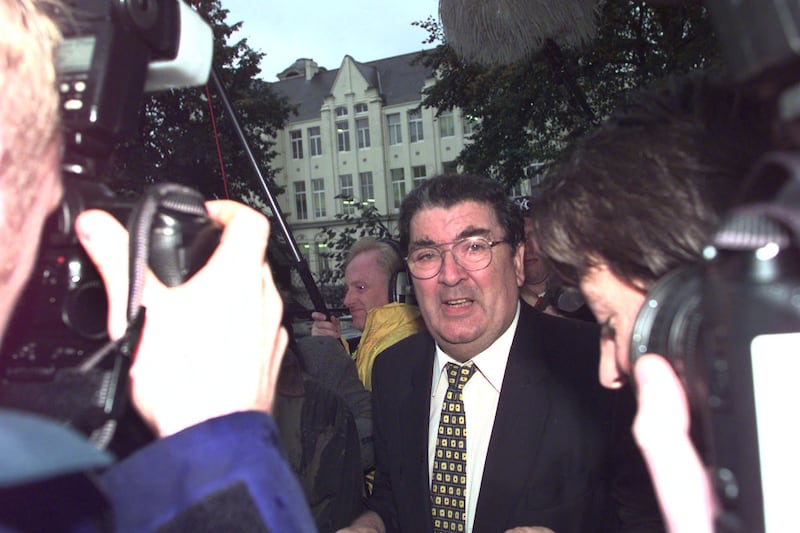THE anticipated collapse of the Hume-Adams talks of 1988 - castigated by unionists and criticised by some in the SDLP - features in official files from that year.
In a memo to Secretary of State Tom King, dated August 3 1988, a Northern Ireland Office (NIO) official named D Chesterton felt that it was possible the talks would end that month.
In these circumstances, the official wrote, Sir Kenneth Bloomfield, the head of the civil service, should "have a discreet word with the unionist leaders" on the British government's hopes of launching inter-party talks.
He noted: "The leaders of the SDLP and Sinn Féin (John Hume and Gerry Adams) last met on July 11".
The fact that they were unaccompanied by other party members and agreed to review progress to date suggested to him that the dialogue was about to terminate.
He added: "The Falls Road bombing on July 8 (in which two civilians died in a blast intended for security forces) led some in the SDLP to voice disquiet about the talks with Sinn Féin."
Outlining several possible scenarios, the official felt that the end of the talks might range from "at one extreme, acceptance by Sinn Féin of the SDLP's thesis to... a complete breakdown".
In between there were other options including "a pan-nationalist conference" or agreement to explore a joint approach to some lesser objective such as fair employment and security issues, as identified by Sinn Féin's Danny Morrison.
However, the official noted presciently that "the ending of the talks will not be clear-cut".
The Hume-Adams talks were resumed in early 1993
Reviewing action by the British government, Chesterton felt that this would stem from two sources: first, a response to John Hume's "request for HMG (Her Majesty's Government) to make clear that it has no strategic or economic interest in Northern Ireland and is effectively (neutral)".
Secondly, if the talks collapsed, the government should be ready to instigate the inter-party talks which it sought.
As regards the suggestion that Mr Hume might press the British government for a statement "emphasising their effective neutrality in Northern Ireland", the NIO official proffered a draft text - an early version of the British position finally encapsulated in the Downing Street Declaration of December 1993.
It stated: "Northern Ireland remains an integral part of the United Kingdom because... of the wish of the majority... it is not because the British government has some ulterior or selfish motive which requires NI to be part of the UK.
"There is no overriding strategic or economic interest which requires the union to be retained. It is quite simply the democratic voice of a majority."








